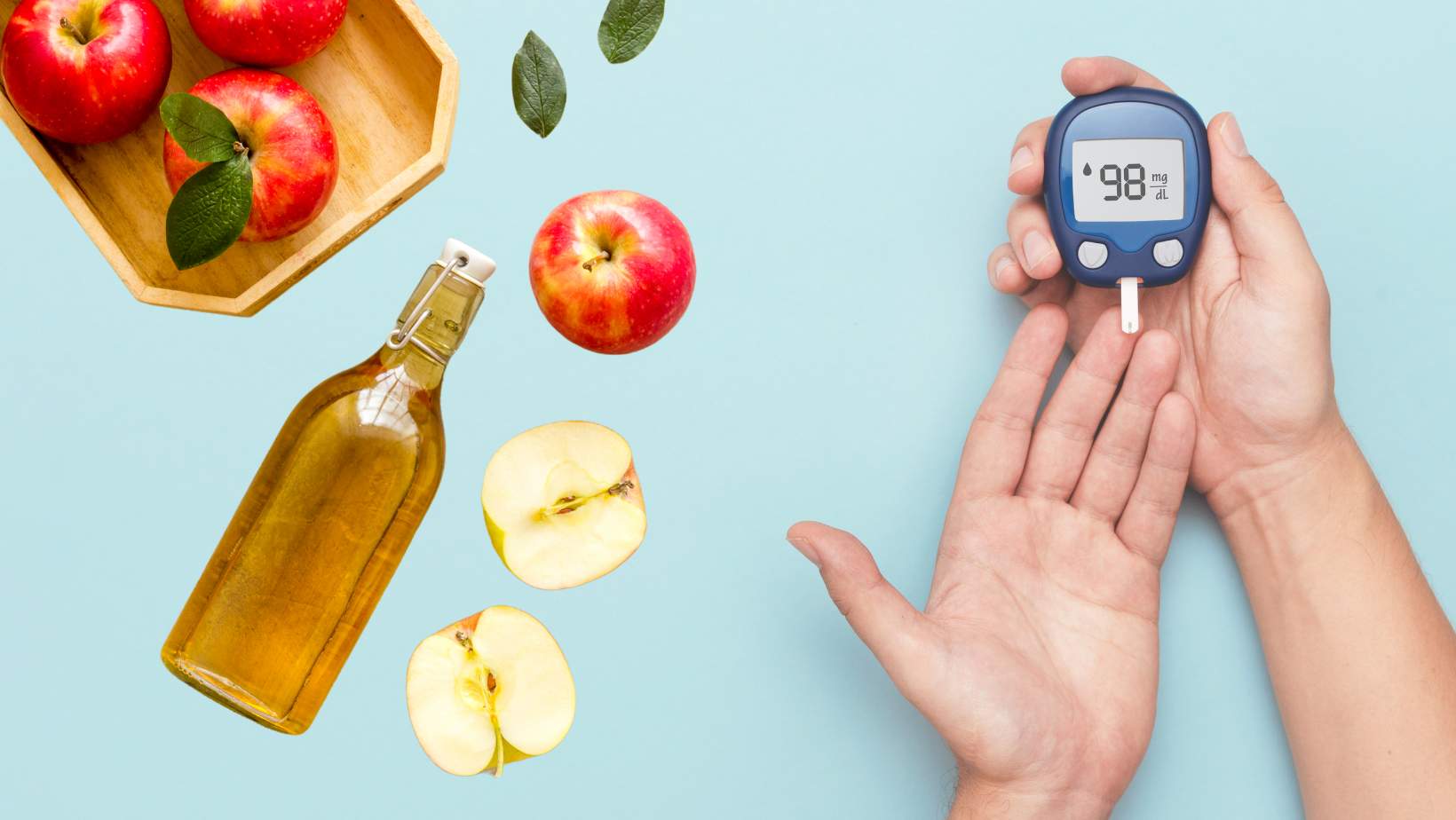It’s tart, it’s trendy, and it just might be a powerful ally in the fight against diabetes. I’m talking about apple cider vinegar (ACV), the pungent elixir that’s been generating buzz for its potential health benefits. But is this fermented fluid really the key to better blood sugar and beyond? I sat down with Drs. Brad Weening and Paul Zalzal to get the sour scoop.
From Apples to Acid: How ACV Is Made
First, a quick chemistry lesson. As Dr. Weening explains, “ACV starts with crushed apples. Yeast is added to the fruit juice, which converts the sugars into alcohol. Then, bacteria are introduced, transforming the alcohol into acetic acid – the main compound in vinegar.” The word “vinegar” actually means “sour wine” in French. Santé!
The “Mother” of All Vinegars?
Not all ACVs are created equal, though. “If you’re using ACV for health reasons, look for a cloudy variety that contains ‘the mother,'” advises Dr. Zalzal. “This is the beneficial bacteria that give ACV its potential probiotic power.” Clear vinegars have often been pasteurized, killing off these good gut bugs.
Putting ACV to the Test
So, what does the science say about ACV’s medicinal merits? The docs dove into the data, scouring two recent meta-analyses (basically, studies of studies) on the topic. “There were three main findings,” reports Dr. Weening. “ACV showed promise for lowering fasting glucose, hemoglobin A1c (a measure of long-term blood sugar control), and total cholesterol.”
However, there’s a catch. “These benefits were primarily seen in people already living with diabetes, particularly type 2,” notes Dr. Zalzal. “We can’t necessarily extrapolate these effects to the general population.” Still, for those struggling to manage their blood sugar, ACV may be worth adding to the arsenal.
How ACV May Help Hack Your Blood Sugar
What’s behind ACV’s apparent anti-diabetes properties? A few theories:
- It may slow down digestion, preventing blood sugar spikes after meals.
- It could increase feelings of fullness, leading to lower calorie intake.
- The acetic acid may improve your cells’ sensitivity to insulin, the sugar-regulating hormone.
Taking ACV Safely (and Tastily)
Before you start guzzling gallons of the stuff, a word of warning. “Drinking undiluted ACV can burn your throat and erode your tooth enamel,” cautions Dr. Weening. “Always dilute it in water or another beverage, and aim for no more than 1-2 tablespoons per day.” You can also incorporate ACV into salad dressings or other recipes for a flavor and health boost.
The Bottom Line
While ACV shows promise as a complementary therapy for diabetes, it’s not a magic bullet. “There’s not enough evidence to recommend it broadly for disease prevention,” says Dr. Zalzal. “But for those already living with diabetes, it may be a low-cost, low-risk tool to help manage blood sugar, alongside lifestyle changes and medical treatment.”
As for Drs. Weening and Zalzal? They’re split on whether they’ll be adding ACV to their own routines. “Based on the data, I’m not personally convinced enough to take it regularly,” admits Dr. Weening. “But I’m happy to use it in cooking when a recipe calls for it!”
The takeaway: If you’re curious about ACV’s benefits, talk to your doctor to see if it makes sense for you. And remember, even if it doesn’t transform your health, it can still add a bright, tangy kick to your favorite dishes. Pucker up!
Frequently Asked Questions
Q: Can I use other types of vinegar, like white or balsamic, for the same benefits?
A: Probably not. The studies focused specifically on apple cider vinegar, and the fermentation process is different for other varieties. Stick with ACV if you’re using it medicinally.
Q: I’ve seen ACV supplements in pill form. Are those effective?
A: There’s a lack of research on ACV tablets or gummies. Plus, there have been case reports of these supplements causing esophageal damage, similar to drinking undiluted liquid ACV. It’s best to stick with the diluted liquid form for safety.
Q: How long does it take to see results from taking ACV?
A: The studies ranged from a few weeks to a few months, so it’s not an overnight fix. Be consistent, and give it some time – and be sure to keep up with all your other diabetes management strategies, too.
